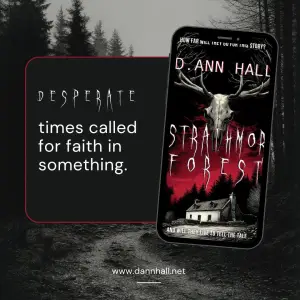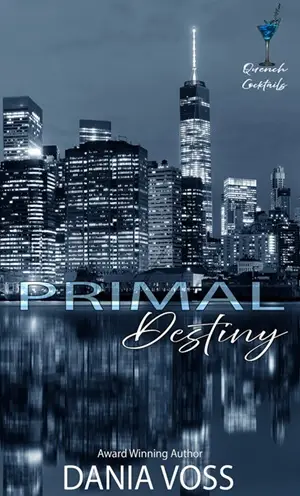Review of Surviving the Forest
As an avid reader and someone deeply interested in historical fiction, particularly narratives surrounding World War II, I was drawn to Surviving the Forest for its powerful premise: a tribute to love and resilience based on a true story. The concept of a family fleeing into the wilderness to escape the horrors of the Gestapo intrigued me, and I was eager to see how their journey unfolded.
The writing style in this book is one of its standout features. The author has woven a deeply emotional tapestry, capturing the nuanced experiences of Shurka, her husband Avraham, and their children as they navigate the terrifying transition from a seemingly idyllic life in rural Poland to the desperate struggle for survival in the dark forest. The vivid descriptions and emotional depth made me feel as though I were right there with them, experiencing their fear, joy, and heartbreak in real-time. One particular moment that resonated with me was when Shurka reflects on the normalcy of her life before the war and her disbelief as the world around her changes drastically. This powerful juxtaposition highlights the loss of innocence that many families faced during this era.
However, while the strength of the narrative is undeniable, I did find some elements that were mentioned in other reviews to be quite accurate. For instance, the book’s pacing can feel uneven at times. There are moments where detailed descriptions enrich the story, but at other times, I wished for a quicker progression to keep the tension alive. A reviewer aptly noted that the book could benefit from smoother transitions between these emotionally charged moments and the quieter passages.
Another point of critique is the narration style in the audiobook version—a detail shared by some readers. It seems that the delivery may not have been as polished as it could have been, making certain parts challenging to engage with. Personally, I read the physical book and found the writing compelling; however, I can understand how a listener might struggle with an unrefined narration.
In terms of emotional impact, the book excels. It captures the resilience and strength of the human spirit amid insurmountable odds. There is a raw honesty in the storytelling that, as another reader mentioned, brings the reader to feel every tear shed by Shurka and her family. The illustration of life in the forest, where the family digs bunkers and changes hiding spots to stay out of the Germans’ clutches, highlights both the physical and psychological toll of their plight.
As someone who enjoys reading histories and narratives of Holocaust survivors, I appreciate the educational element this book offers. The author successfully explores the societal context of 1939 Poland and the horrifying realities that Jewish families endured. The moments of hope intertwined with despair serve as a poignant reminder of the complexities of survival in such dark times, making the book resonate on multiple emotional levels.
Overall, Surviving the Forest met my expectations and provided both a gripping story and an inspiring account of survival. It beautifully balances the harsh truths of history with the warmth of familial love and hope. While I encountered some pacing issues and acknowledge that the audiobook’s narration may not be for everyone, the strengths of the narrative far outweighed the drawbacks.
I would highly recommend this book to those who enjoy historical fiction and want to delve into the personal stories of resilience during World War II. It is a moving tale that will linger in your mind long after you turn the last page. So, grab a copy and prepare for an emotional journey through history—it’s a read that might just change you.
“Discover the untold strength of women in WWII through Surviving The Forest.” >>








